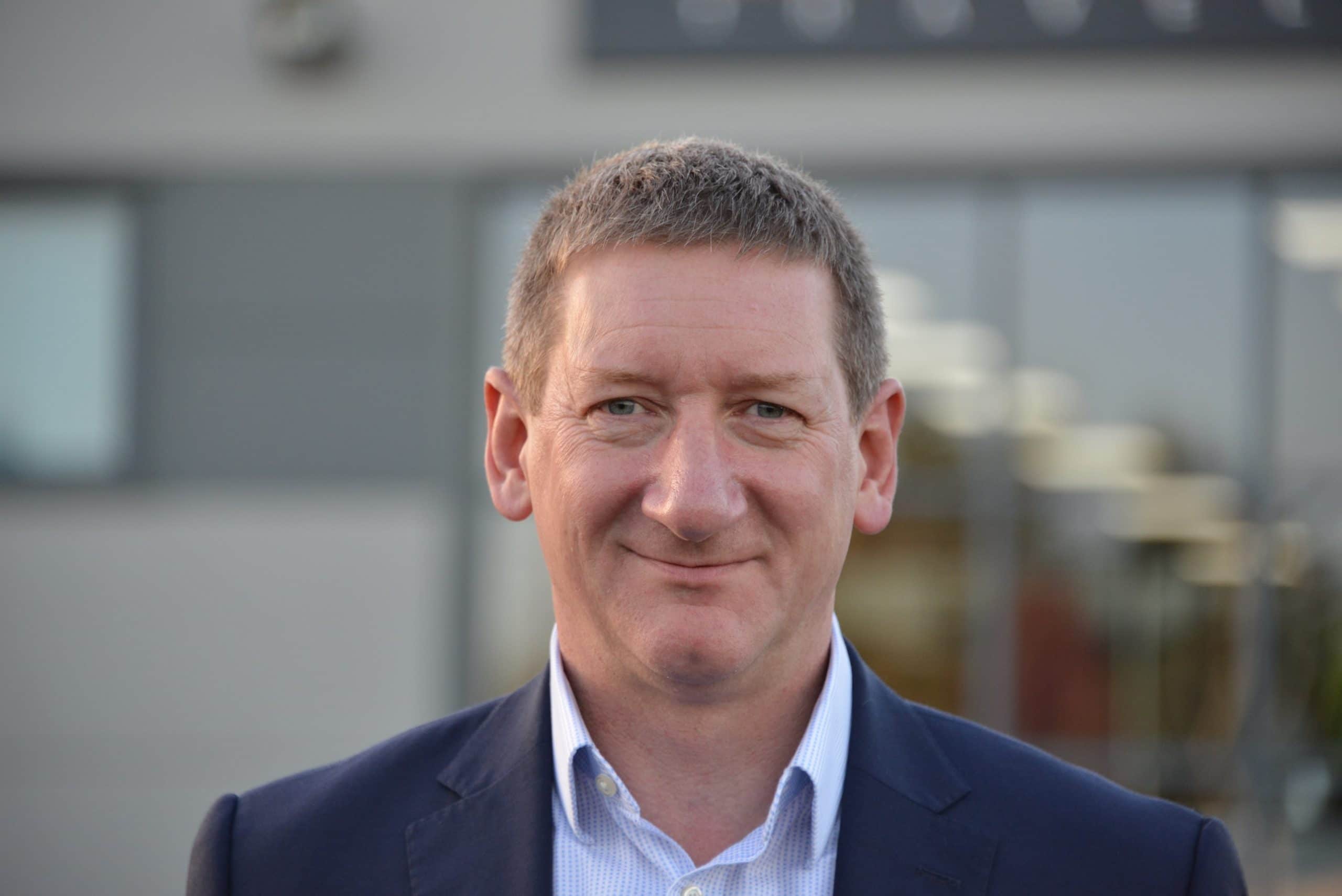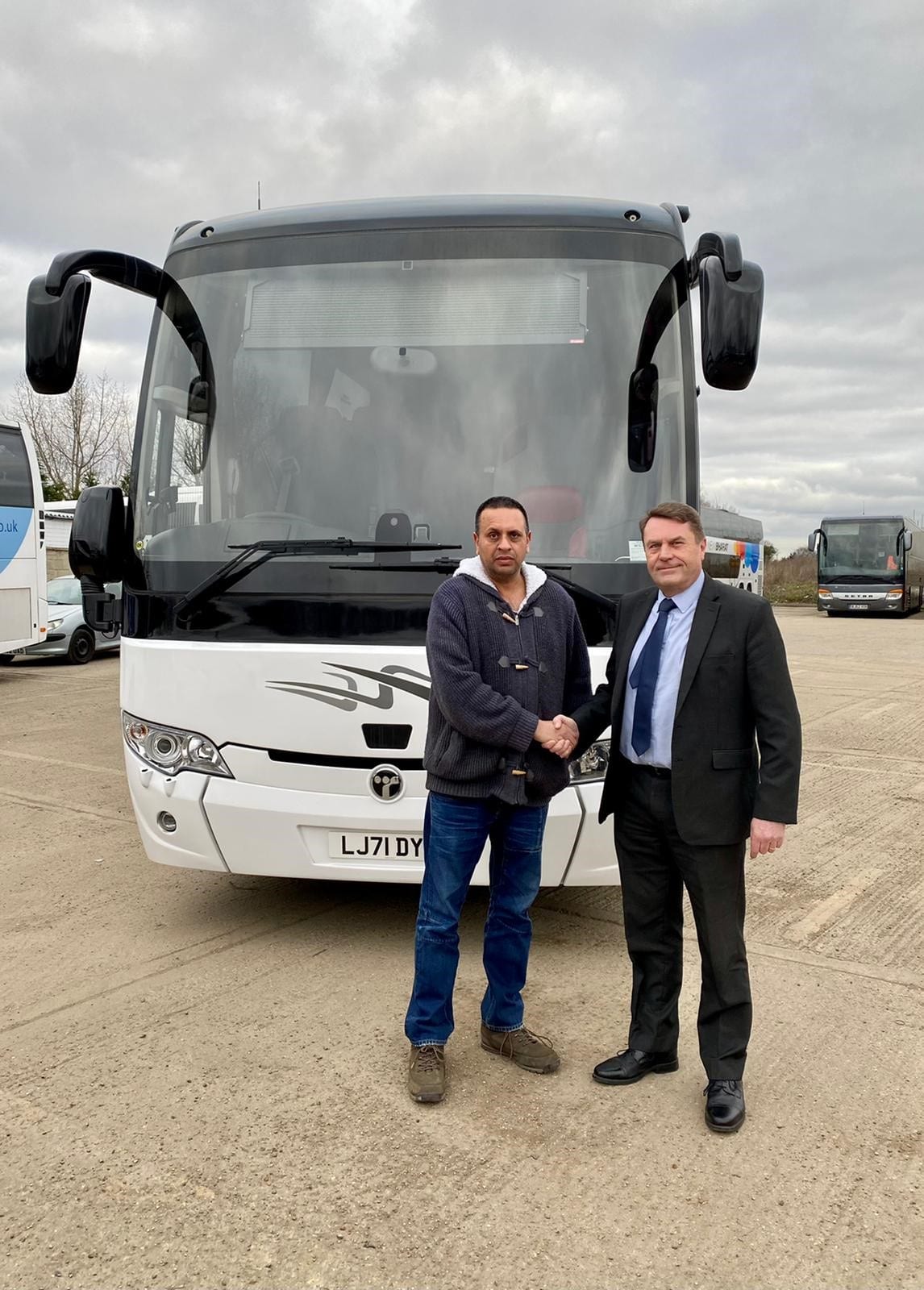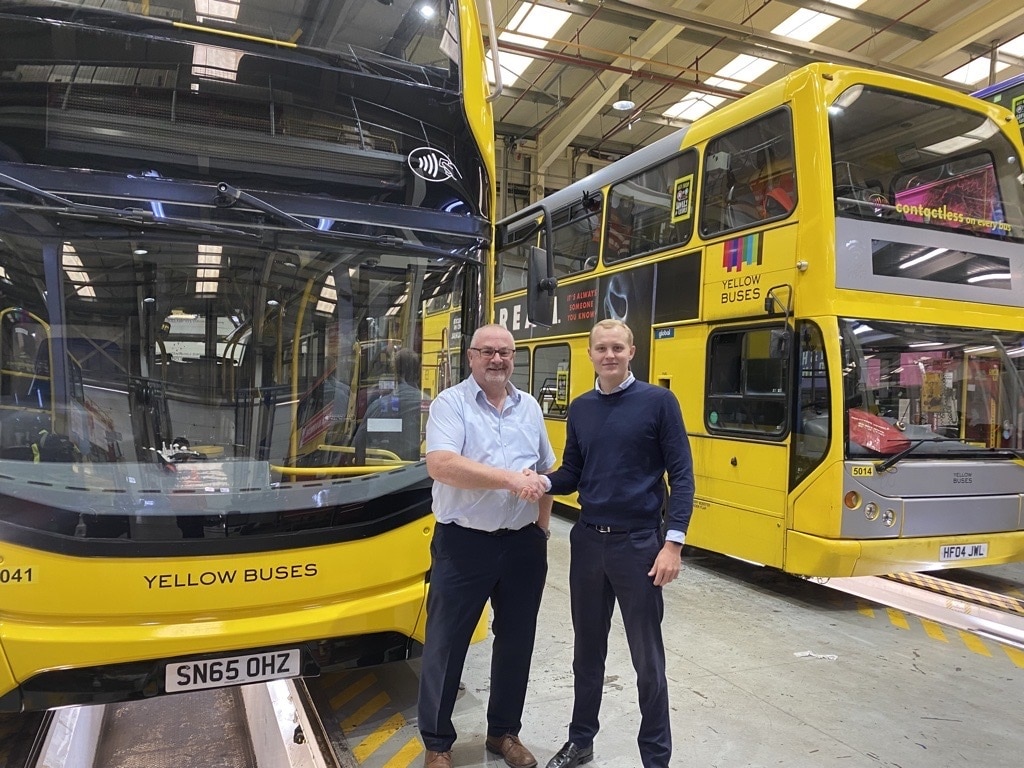Decarbonisation is the biggest challenge that the coach industry will face in coming years. It is also one that has minimal to non-existent clarity attached thus far. While a single zero-emission coach model has been available in the UK for some time, and will inevitably be followed by others, considerations loom large around infrastructure and operational challenges that will need to be tackled if the sector is ever to leave diesel behind.
Recognising the scale of that work, the Confederation of Passenger Transport in late 2021 established a Zero Emission Coach Taskforce (ZECT). Its initial remit is to identify hurdles to the shift to zero-emission. Later, it will seek to identify steps towards solutions. Chair is Ian Luckett (pictured, above), formerly of Lucketts Coaches. ZECT has multiple other members that are drawn from operators, suppliers, stakeholders, the Department for Transport, the Welsh Government and Transport Scotland.
The breadth of representation on ZECT is a positive indication that the decarbonisation agenda and the difficulties that it will pose to coaching are already being taken seriously, says Ian. Of the operators represented on the Taskforce, one runs a battery-electric Yutong TCe12.
While a defined end date for the sale of new diesel-fuelled coaches is still a long way off, Ian adds that a shift in driveline technologies will play an increasing part of coach operation in the years running up to it. That is not least because of vehicle lifespan considerations and the intertwining of energy sources that will occur when the move begins in earnest.
Interconnected strands of coach decarbonisation
Despite that, work on vehicles is not currently a priority for ZECT. Ian is relatively confident that the necessary decarbonisation technology in a coach setting will develop and mature largely without the Taskforce’s involvement. However, ZECT is keen for manufacturers to major on the requirement for vehicle longevity through multiple lives as they bring further zero-emission models to market.
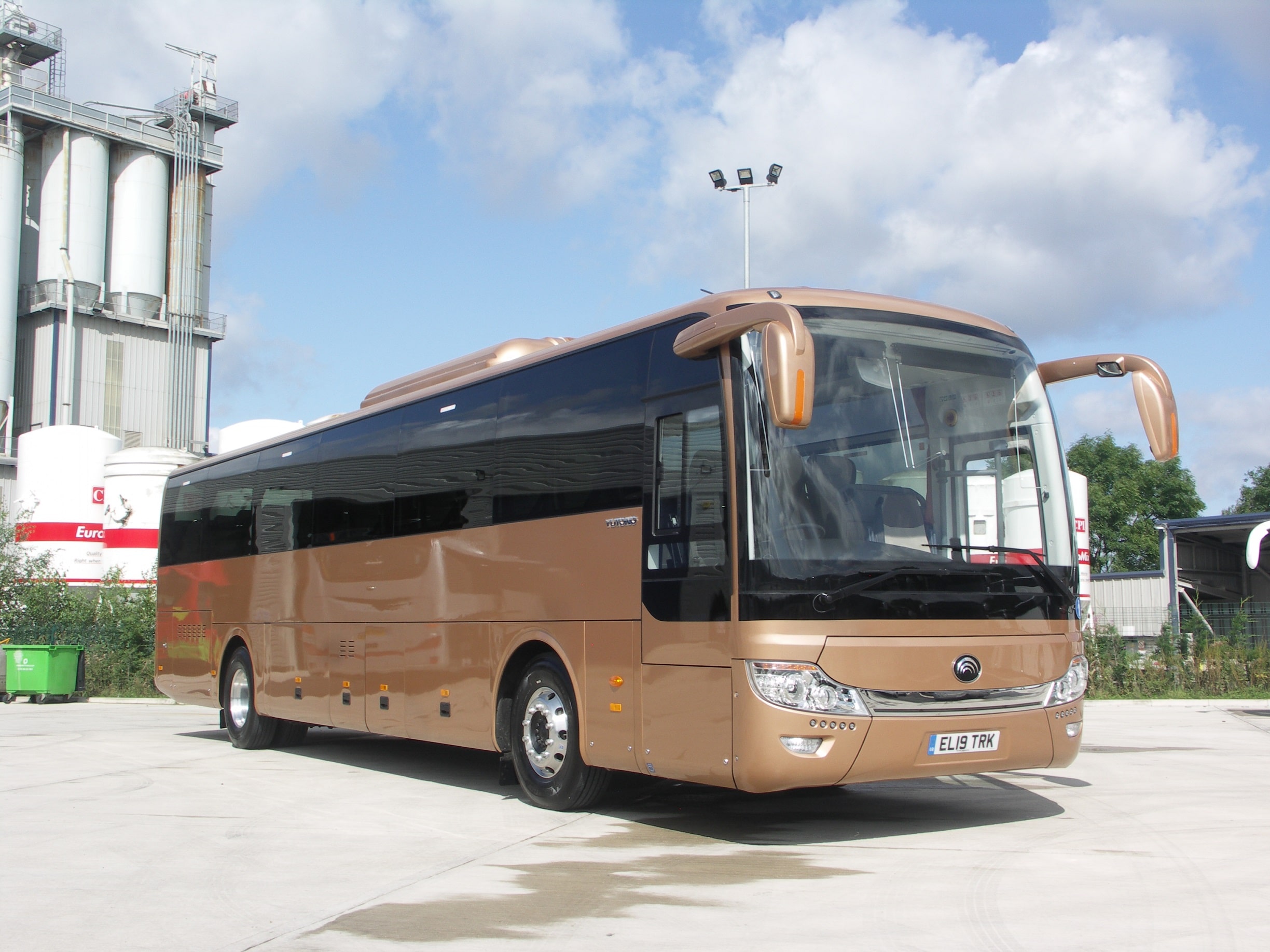
Instead, the Taskforce has two areas of focus on its radar presently. In the short term, the priority is preparing for a promised call for evidence on setting a concrete end date for the sale of diesel coaches, which Under-Secretary of State for Transport Baroness Vere has suggested will be made this spring.
That eventual decision will give certainty across the board, but in the meantime, the call for evidence will allow the industry to spell out what help it needs to successfully make the shift
Beyond that, infrastructure is an area that will require significant attention. How smaller operators in particular recharge or refuel zero-emission coaches, and how the sector manages the period when mixed fleets will be prominent, will be key there.
ZECT was first established to prepare for the call for evidence. Lady Vere’s clarification that it will come soon has been welcomed by Taskforce members, Ian notes. While the process has not yet formally begun, the logistics around ZECT’s submission are already decided. The Taskforce will report its early findings to CPT’s Coach Commission. Those will then be mapped across to the call for evidence response. ZECT’s report will also enable a forward programme of work for stakeholders to be identified.
‘The readying years’ now for coach decarbonisation
Should the 2040 end date for the sale of all diesel HGVs also be adopted for coaches, the intervening period of 18 years may sound like a lifetime. But a parallel can be drawn between such a duration and the issue that currently challenges the coach industry most, says Ian: PSVAR. “We had 18 years for that,” he notes.
The five years from now are thus “the readying years.” Those that follow on will be when zero-emission technology will start to embedded itself across coaching, and they will bring logistical challenges for many operators. Existing facilities for the fuelling of diesel vehicles will need to be maintained, but an energy supply for zero-emission coaches will also become necessary. For businesses that do not own their garage premises, that could be tricky to surmount if the landlord is not onboard with what will be needed.
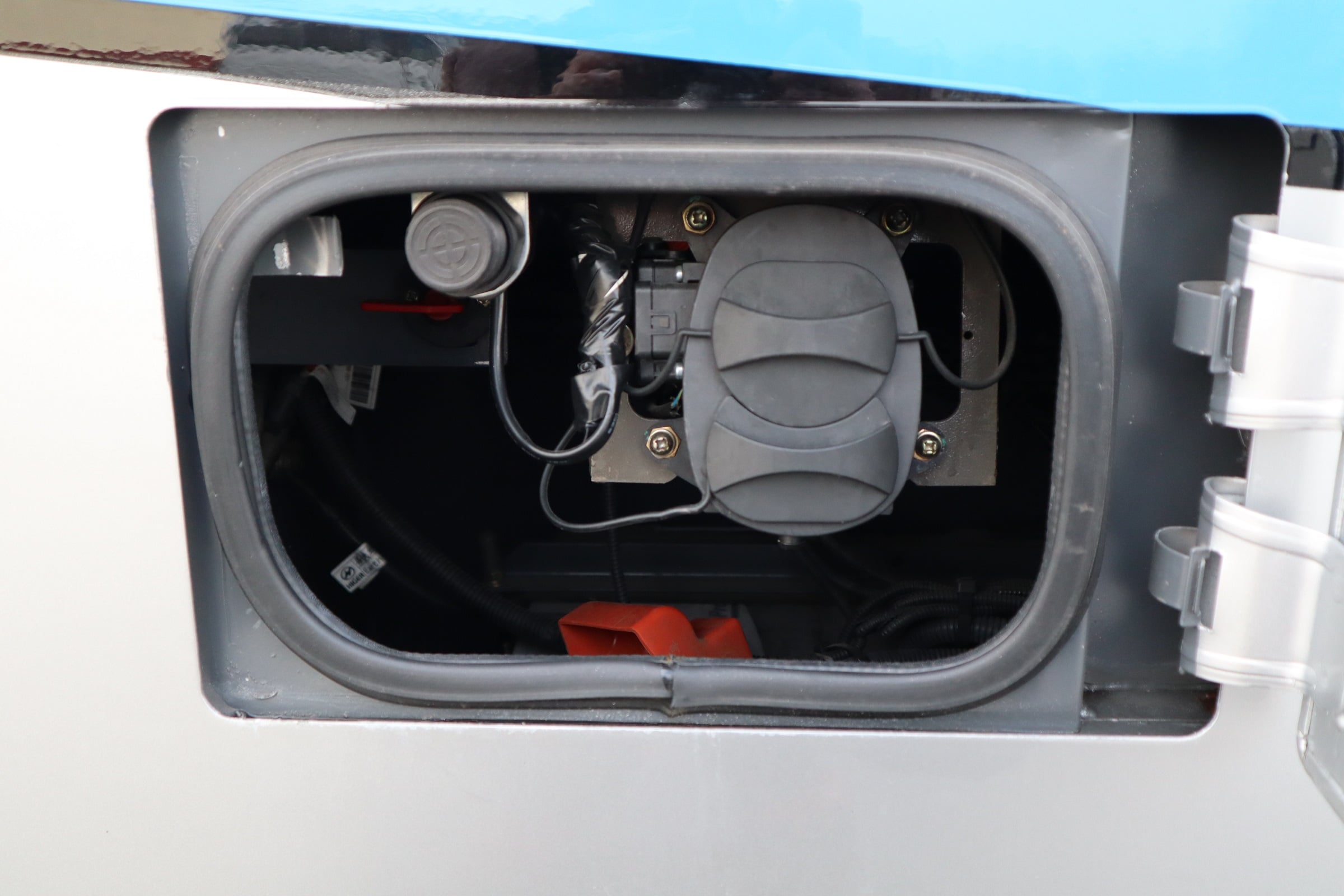
But Ian sees a alternative that, he adds, is deliverable via the right engagement with government. “In terms of driveline technology, coaches generally share more with the HGV sector than they do with buses,” he explains.
“Whether we like it or not, we will largely go with the road freight industry in making the shift. We need to understand what the HGV segment is doing, and if any money is to be provided for the transition among those vehicles, we must lobby for it to be shared fairly with coaches.”
To demonstrate, he cites a hypothetical hydrogen fuelling station. It is located at an industrial park or a large supermarket distribution centre. If it receives public funding, it must be open to all-comers, regardless of commercial vehicle type. “We must ensure the government understands that the challenges of decarbonising coaches can be solved relatively cheaply from its point of view. But if it pushes money into other industries, the resulting infrastructure has got to be shared.”
Battery vs. hydrogen: A big choice for buyers
For long-distance coach applications, hydrogen presently appears that it will be the optimal zero-emission solution. In lower-mileage use cases batteries tick the box, although there is every chance that by 2040, there will be little to choose between the two power sources range-wise. But the contrast between those technologies is already a source of angst for some operators who have fed into ZECT, Ian says. Utilising both rather than just one would come with still further costly infrastructure. He likens the choice to “a Betamax versus VHS moment.”
But there is a caveat. Should a comprehensive country-wide, rapid charging network that suits heavy vehicles be established, Ian questions how much range a battery-electric coach would actually need in many applications. Couple that to greater data utilisation around usage profiles that will allow precise planning, and batteries may be a more encompassing option than first thought.
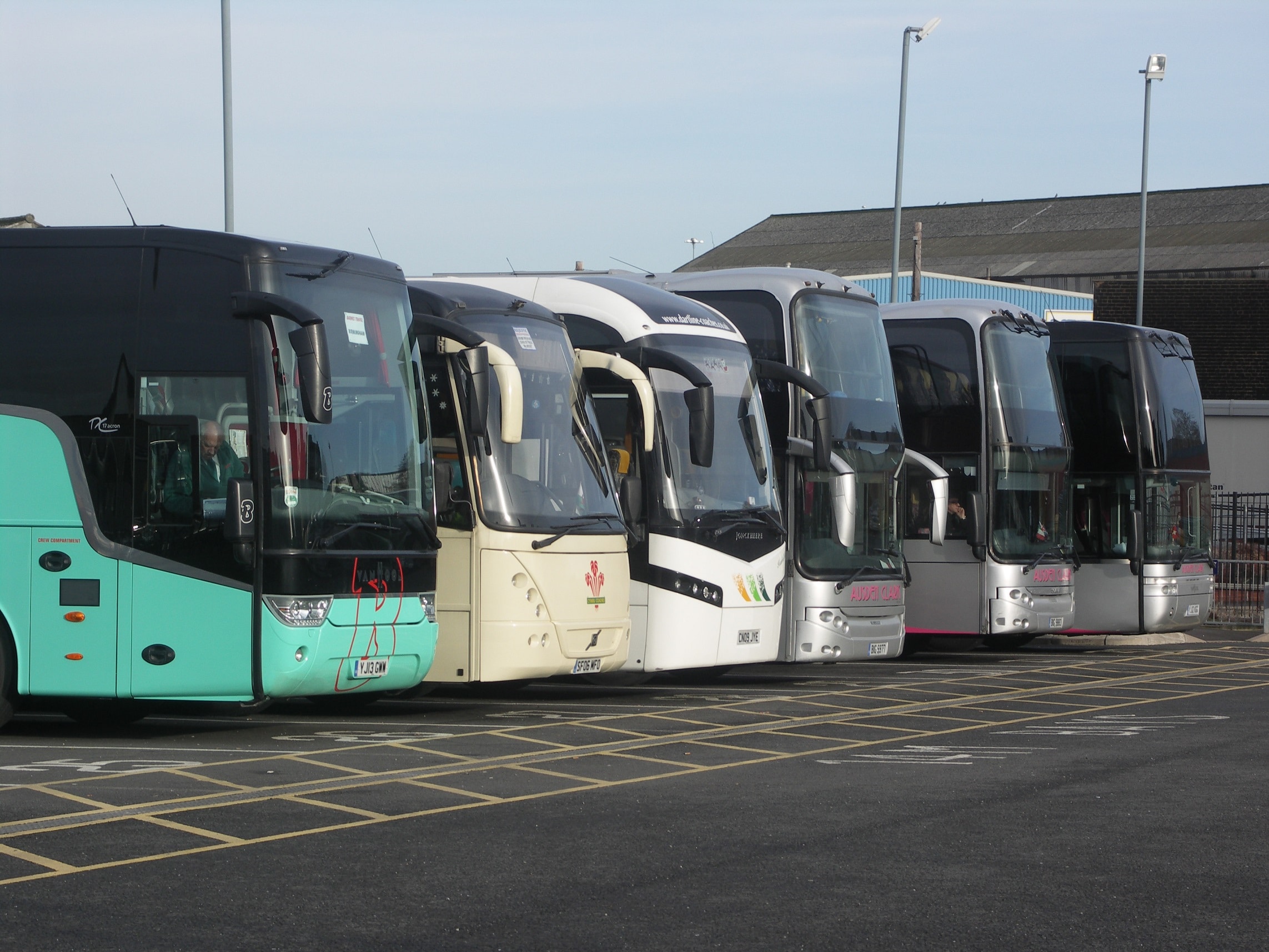
That aside, existing work on coach decarbonisation has already provided some clarity, he continues. One aspect came from a representative of National Grid. They have provided an assurance that sufficient electricity generation capacity exists to service the growing need from road vehicles.
Another area that has an early element of definition around it is finance, although much else in that area remains unclear.
Need for multiple lives from ZE coaches is imperative
A funding provider representative that sits on ZECT notes that ethical investors are already keen to put money towards zero-emission coaches and buses. However, the cloud to that silver lining is the lack of certainty over residuals. If finance companies elect to write down such assets over a condensed period, it could make operators’ sums difficult – further straining the shift from diesel.
Partially because of the imperative for predictability there, later work by ZECT will be with vehicle manufacturers to convey the importance of zero-emission coaches having multiple lives.
Ian uses a new middle-of-the-range diesel model as an example. It may begin as a touring vehicle, but 15 years later will likely have transitioned through other applications to largely be used on home-to-school services. If that level of versatility can be translated to zero-emission coaches, their future utilisation becomes more certain and the funding equation is thus clearer. It is imperative that OEMs recognise and act uoon that need, Ian believes.
Long contracts: Beware the carrot, not the stick
In the long term, ZECT will expand its role to explore solutions to the decarbonisation conundrum. “That could be a position where individuals and businesses can bring proposals to the table and they are tested by ZECT,” he says.
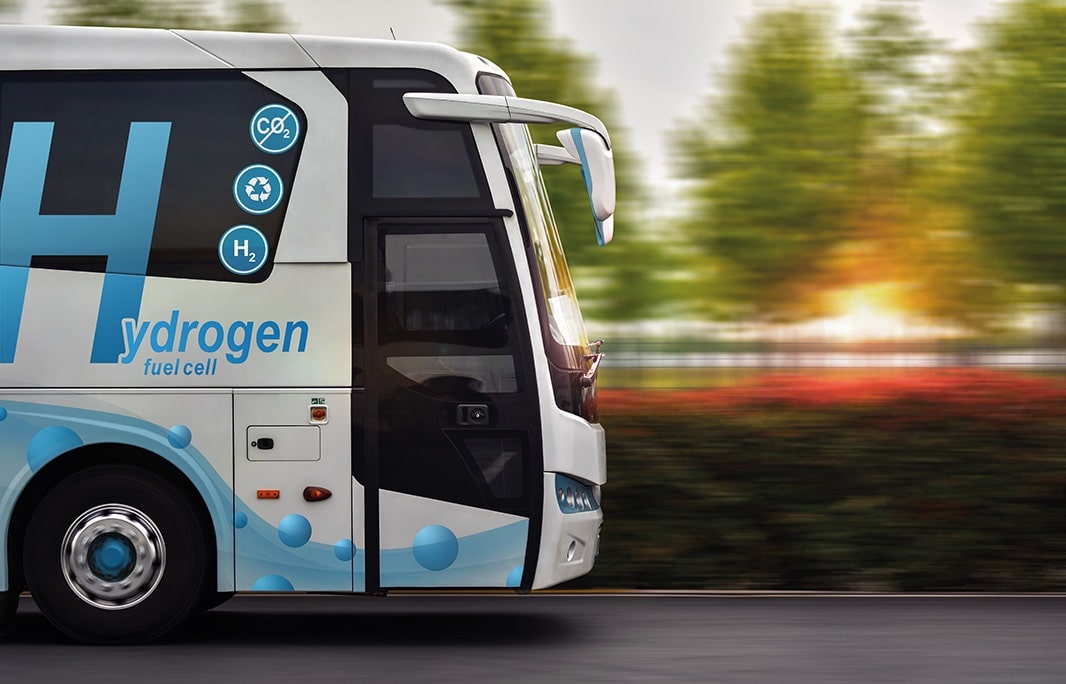
Assistance with tendering where a zero-emission vehicle is involved could also form part of later work, but Ian advises caution when calls are made for longer-term contracts to grease the wheels of the transition.
That horizon for guaranteed income, and particularly where multiple vehicles are involved, is likely to attract newcomers to an area. “If the carrot is too big, there is a risk of someone else coming in and stealing it from you,” he says.
Talk of carrots is not limited to contracts. ZECT is committed to working in partnership with the government to ensure that the coach industry is heard as it transitions away from diesel and that it gets a fair crack of any funding whip. “Every part of this shift will be interconnected,” Ian sums up. “Nothing is insurmountable. But what we need is a kick start, and that has to come from government.”





















